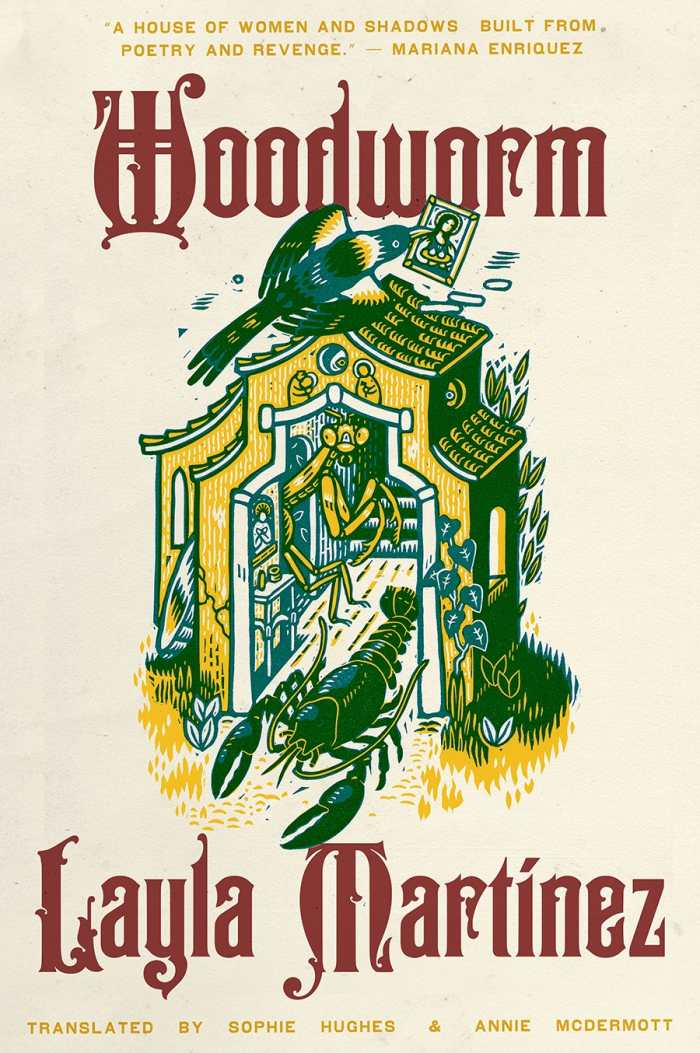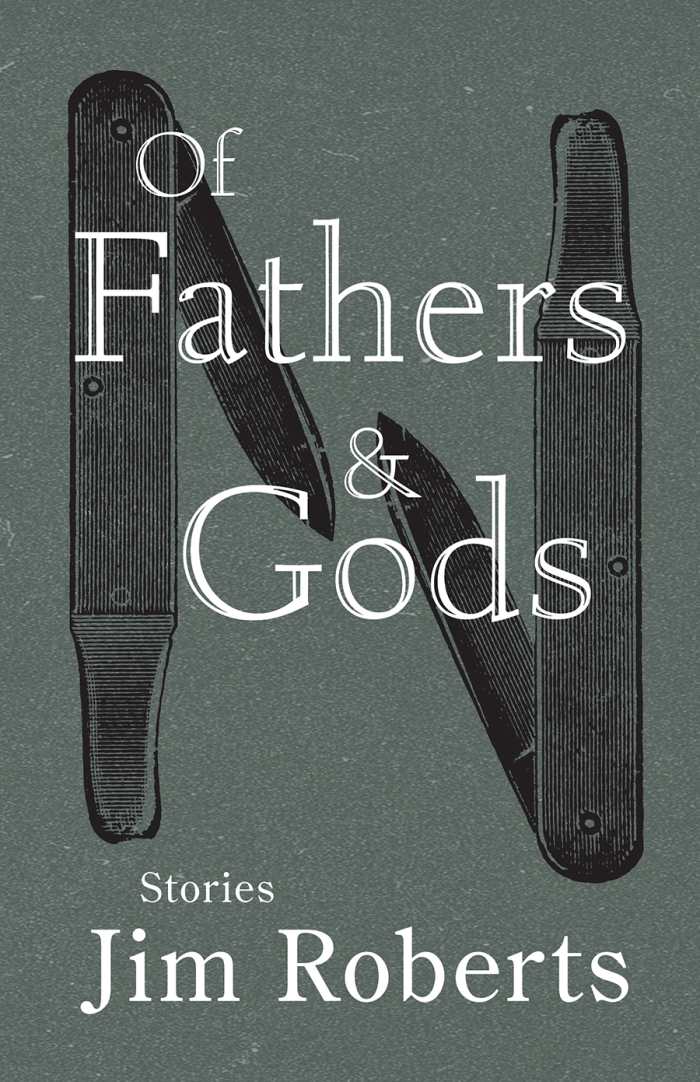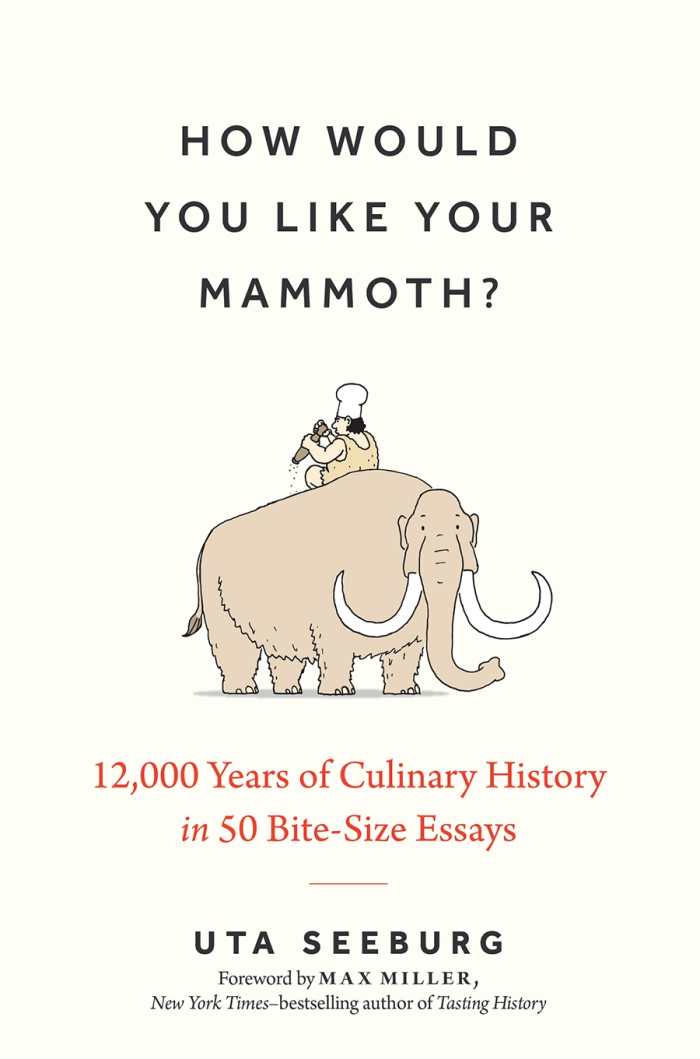Book of the Day Roundup: May 13-17, 2024
100 Rooms

Haya Shenhav
Yirmi Pinkus, illustrator
Gilah Kahn-Hoffmann, translator
Kalaniot Books
Hardcover $19.99 (32pp)
978-1-962011-99-0
Buy: Local Bookstore (Bookshop)
Bright contrasting colors and funky patterns enliven this whimsical picture book that teaches the lesson “less is more.” A man sets out to build a house; he instructs the builder to add room after room until he has 100 rooms. He has a room for forks, curtains, tables, even a room for a single plant, but he begins to lose track of which room is which. Even with all his possessions, however, he realizes he’s missing the one thing he truly needs: connection.
DANIELLE BALLANTYNE (April 25, 2024)
Good.
From the Amazon Jungle to Suburbia and Back

David Good
FluX, illustrator
NBM Publishing
Hardcover $24.99 (216pp)
978-1-68112-330-1
Buy: Local Bookstore (Bookshop)
A man reconciles his father’s American culture with his mother’s Yanomami roots in the graphic memoir Good.
David Good has a dual lineage: his parents are an American-born anthropologist and a member of the Yanomami people of the Amazon rainforest. They met and married in the 1970s while his father studied the tribe. David, raised in New Jersey and Pennsylvania, adapted by hiding his Amazon heritage. When he was six years old, his lonely, depressed mother returned to the rainforest for good. The abandonment traumatized David. As a teenager, he turned to alcohol. Years later, with the help of his girlfriend Mary, he forgave his mother and went to the Amazon to reunite.
David and his parents are sympathetic, even when they fail to realize the full impacts of their choices, as demonstrated by David’s embarrassment over an image of his mother in a museum exhibit and a photograph of himself with the tribe in a classroom news periodical. The detailed art is attuned to human emotions, as shown in the garish expressions of David’s classmates and in David’s mother’s subtle smile. David’s life in the US is rendered in shades of black and white; images of the Yanomami tribe appear in full color, the contrast proffering insights into David’s and his mother’s feelings.
In the inspirational graphic novel Good., a boy torn between two cultures finds inner peace.
PETER DABBENE (April 25, 2024)
Woodworm

Layla Martínez
Sophie Hughes, translator
Annie McDermott, translator
Two Lines Press
Hardcover $21.95 (144pp)
978-1-949641-59-2
Buy: Local Bookstore (Bookshop)
A grandmother and her granddaughter are entombed in a house whose walls hunger for murderous vengeance in Layla Martínez’s horror novel Woodworm.
The women are trapped in their small town due to the curse of the elder’s father. They live in the decrepit house he built; it demands sacrifices in the form of their teeth and hair and has flesh-eating tendencies. It’s also full of literal angels and demons who guide the women’s choices.
The granddaughter takes a nanny gig for the Jarabos, a local wealthy family with whom her family has been feuding for generations. When the Jarabos’ little boy goes missing, rumors that the women are witches escalate, putting them in danger. As the granddaughter relays the present-day revenge story with the boy’s father at its center, her grandmother divulges the families’ callous history—and the mystery of what happened to her own daughter.
Seething with quiet, eerie rage, the women seek vengeance against men who committed wrongdoings against them, including the grandmother’s father, who ran a brothel in the house; the Jarabo men, who have used their money and power to manipulate their maids and influence the town’s politics; and the Jarabo boy himself, who seems destined to follow in his father’s footsteps. The women contend with class strictures and patriarchal cruelties first by submitting to them, jaded by their history, and then by rebelling and obeying the house’s bloodthirsty commands. Their alternating voices lilt with hope and grumble with resentment, and they reveal long-held secrets in the suspenseful build toward the gruesome, defiant conclusion.
Generational trauma at the intersection of gender and class directs Woodworm, a captivating horror novel.
AIMEE JODOIN (April 25, 2024)
Of Fathers & Gods
Stories

Jim Roberts
Belle Point Press
Softcover $17.95 (170pp)
978-1-960215-15-4
Buy: Local Bookstore (Bookshop)
Jim Roberts’s gritty short story collection Of Fathers & Gods reconciles ideas of fatherhood with faith.
Told from a miscellany of viewpoints, these stories are forceful when it comes to the most challenging parts of being human. They touch on grief, loss, anger, and regret with elements of humor and sensitivity that make their heaviness more palatable. In “While Her Guitar Gently Weeps,” a man struggles with public shame and subsequent regret after losing his wife and child in a mass shooting. In “Tender, Like My Heart,” a woman who’s a victim of human trafficking recalls her relationship with her father. And stories including “Pocketknife” and “Bonfire” include themes of fractured fatherhoods.
Fathers and faith intertwine within the heart of each story, whose narrators are fathers, lost fathers, or despise their fathers. The tales examine the idiosyncrasies and complications of such roles well, illustrating the grotesque and sublime natures of paternal relationships with razor-sharp observations and uncomfortable familiarity. Lurking in the challenges and struggles, the question of God confronts each character at some crucial moment. In forms including those of an eccentric street preacher, a door-to-door miracle worker, and the ghost of a father’s faith, the divine invades each narrator’s life, prompting reconciliation with not just their human father but with their heavenly father. The consistent dives into these dual issues result in a collection that reveals the spiritual through the material world.
The stories collected in Of Fathers & Gods excel at walking the thin line between the profane and profound. In doing so, they resonate with veracity, empathy, and meaning, proffering insights into the mess of human existence.
N.T. MCQUEEN (April 25, 2024)
How Would You Like Your Mammoth?
12,000 Years of Culinary History in 50 Bite-Size Essays

Uta Seeburg
The Experiment
Softcover $19.95 (256pp)
978-1-891011-59-7
Buy: Local Bookstore (Bookshop)
Pithy and enchanting, Uta Seeburg’s How Would You Like Your Mammoth? covers the advent of cookery in prehistoric and ancient civilizations, showing how food directs people and illuminates societies.
Seeburg asserts that food is a necessity that links everyone; thus, it’s an ideal introduction to broader historical topics. With the brevity of magazine columns, her accessible, lighthearted essays display a knack for finding curious similarities across eras and cultures.
A discussion of hunting folds into one on the boon of eating around a fireside. Syrian nomadic culture is used to reveal how hospitality protocols kept people together. In a similar manner, Ethiopian injera and the practice of hand-feeding choice morsels to fellow diners is treated as a symbol of devotion. And particular ingredients are handled as sources of national pride, medicinal solutions, and class differentiation: the dining spectacles of wealthy Romans and Baroque-era Europeans included pie crusts that masked live animals and fancy tablescapes. Opposite extremes like dieting are covered, too—as is the recent rising interest in home cooking and breadmaking attributed to COVID-19 lockdowns.
The earthy, communal aspects of food linger in the enthusiastic cornucopia of essays How Would You Like Your Mammoth?, a culinary history celebrating human ingenuity.
KAREN RIGBY (April 25, 2024)
Kathy Young
